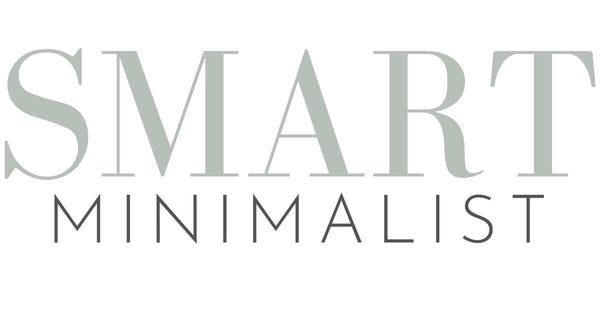There's a lot of talk about vegan leather these days. Why are so many companies trying to find leather alternatives and why does it matter? One of the obvious benefits to vegan leather is that no animal had to be harmed for their skin. However, there are other factors to consider such as environmental implications and social responsibility.
Why is leather bad for the environment?
Cow-derived leather has a complicated environmental profile. Cattle farms produce an aggressive amount of greenhouse gas emissions. Treating the hides after removed from the animal also requires a large amount of chemicals to treat them, make the leather soft and dyes to give the leather it's colour.
It's so bad, that the PVC production can be up to a third lower than real leather. This is according to The Environmental Profit & Loss, a sustainability report developed in 2018 by Kering. They measures carbon emissions, water consumption, air and water pollution, land use, and waste production along the entire supply chain.
It is worth mentioning here that a large amount of the leather we use in manufacturing, especially for fashion, comes from the meat industry. This is using material that otherwise would be wasted if the leather trade stopped all together.
Social Impacts
The production of leather hurts the workers who manufacture it. Real leather can be a harmful material to work with because of the tanning process. Workers in the tanneries are exposed to serious health risks such as lung cancer and leukaemia. It also takes lots of energy and man power (low paid wages) to make the leather wearable.
Alternatives
There are a bunch of new alternatives coming. Vegan leather has come on leaps and bounds over the past few decades, meaning that well-made vegan-leather products can even be mistaken for the real thing.
Here is a list of some great leather alternatives and a little bit about them:
Recycled Leather - Our favorite! Reusing leather pieces that were either scraps or perhaps an old car seat are a great alternative to buying new leather. Bonus, it could already be worn in, and therefore feels luxurious and buttery.
PU/PVC Leather - The cheapest of the leather alternatives. The majority of "vegan" leather that is marketed is made from polyurethane or polyvinyl, including some of our bags. Why? Most other types of leather alternatives such as fruit type leathers require layers of polyurethane anyways because they don't have the same strength and longevity as PVC. We are hopeful as new technology develops this wont be the case and oil based fabrics can be replaced.
Recycled Nylon - A great alternative. Most recycled nylon bags are made from recycled plastic water bottles. Fabrics made from recycled plastic have the strength to put up with everyday wear and tear.
Fruit Leathers - Apple peel and pineapple leaves leathers come to mind. Pineapple leather is used by brands including Hugo Boss (on a range of shoes), and H&M’s Conscious Exclusive collection.
Pictured: Nuuwai Hip Bag
Mycelium - Also know as mushroom leather. It's still in the early stages as products are being developed but it looks promising. The leather can be produced with a very low impact on the environment and produced in abundance. It's also easy to grow what is needed based on what the outcome of the product will be. For example if you want a very soft buttery wallet, the mycelium would be manipulated during growth to make the final product as desired.
Fun fact: Hermès recently created a bag using Mycelium leather.
Others: Some other great alternatives are Wicker, Straw, Wood and Cork. All of these are great options for the summer, but maybe not the best for Toronto winters.
At the end of the day there are plus and minuses to each product. My final thoughts are that you should choose pieces that speak to your personal style and you take care of them for years to come. I also I invite you research each type yourself and to vote with your wallet, on what you thinks is best.
I'm really excited about the future and introducing all of you to new types.
What do you think of leather alternatives? Comment below.



